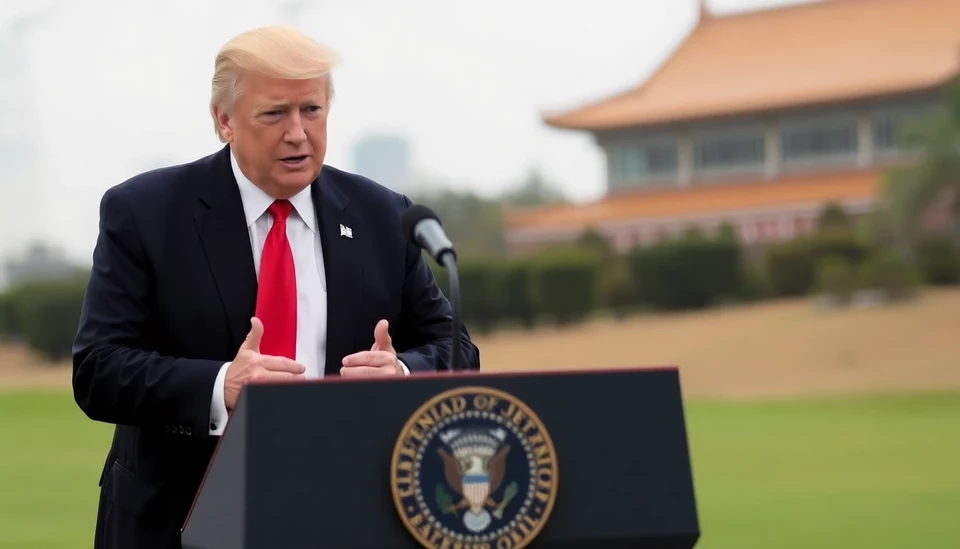
In a striking assessment of global economic conditions, the newly appointed Treasury Secretary by former President Donald Trump, has publicly stated that China's economy is currently in a recession. This announcement has significant implications for both the Chinese economy and international markets, as experts weigh in on the potential fallout from what could be a pivotal moment in global economics.
The Treasury Secretary's declaration comes amidst various ongoing concerns regarding China's economic stability. Numerous analysts have pointed to sluggish growth rates, a rising debt crisis, and weakening consumer demand as indicators that the world's second-largest economy is facing severe challenges. A recession in China—particularly at a time when the country has been touted as an emerging economic superpower—could reverberate through global supply chains and financial markets.
This shift in the economic landscape presents several dilemmas for policymakers both in the United States and abroad. With China's exports on a downward trajectory and its real estate market in turmoil, questions are arising about how these factors will influence U.S.-China relations, trade policies, and ongoing negotiations on tariffs. The potential for a full-fledged economic downturn in China raises alarms for the global economy, particularly in sectors reliant on Chinese manufacturing and manufacturing output.
The embrace of this perspective by a high-ranking U.S. official signals a notable pivot in U.S. policy discussions regarding China. In her briefing on the local economic situation, the Treasury Secretary suggested that the effects of China's recession are likely to be felt around the world, underscoring a growing consensus that the U.S. economy cannot afford to be insulated from significant economic disruptions in China.
The Treasury Secretary's remarks have already prompted responses from financial markets, with analysts advising investors to brace for possible ripple effects that could impact commodity prices, currency values, and investment strategies across the globe. Shares in various sectors, particularly those tied to exports, have shown volatility in the wake of this announcement, illustrating the interconnectedness of global trade.
As skepticism grows regarding China's economic resilience amidst ongoing trade tensions, the global community will be keeping a close eye on further indicators that substantiate or dispute the Treasury Secretary's claims. Investors and businesses alike are now facing a pivotal juncture, where decisions made in response to these revelations could shape economic landscapes for years to come.
In conclusion, the assertion that China's economy is in a recession not only raises important questions about the future of China’s own economic strategies but also highlights the vulnerabilities in the interconnected global economy. With significant implications for international trade and finance, the world is watching closely as these developments unfold.
As the situation evolves, stakeholders from various countries must navigate the complexities introduced by this announcement, ensuring preparedness to manage any ensuing economic turbulence.
#ChinaRecession #TrumpTreasury #GlobalEconomy #EconomicImpact #TradeRelations #MarketVolatility
Author: Laura Mitchell




